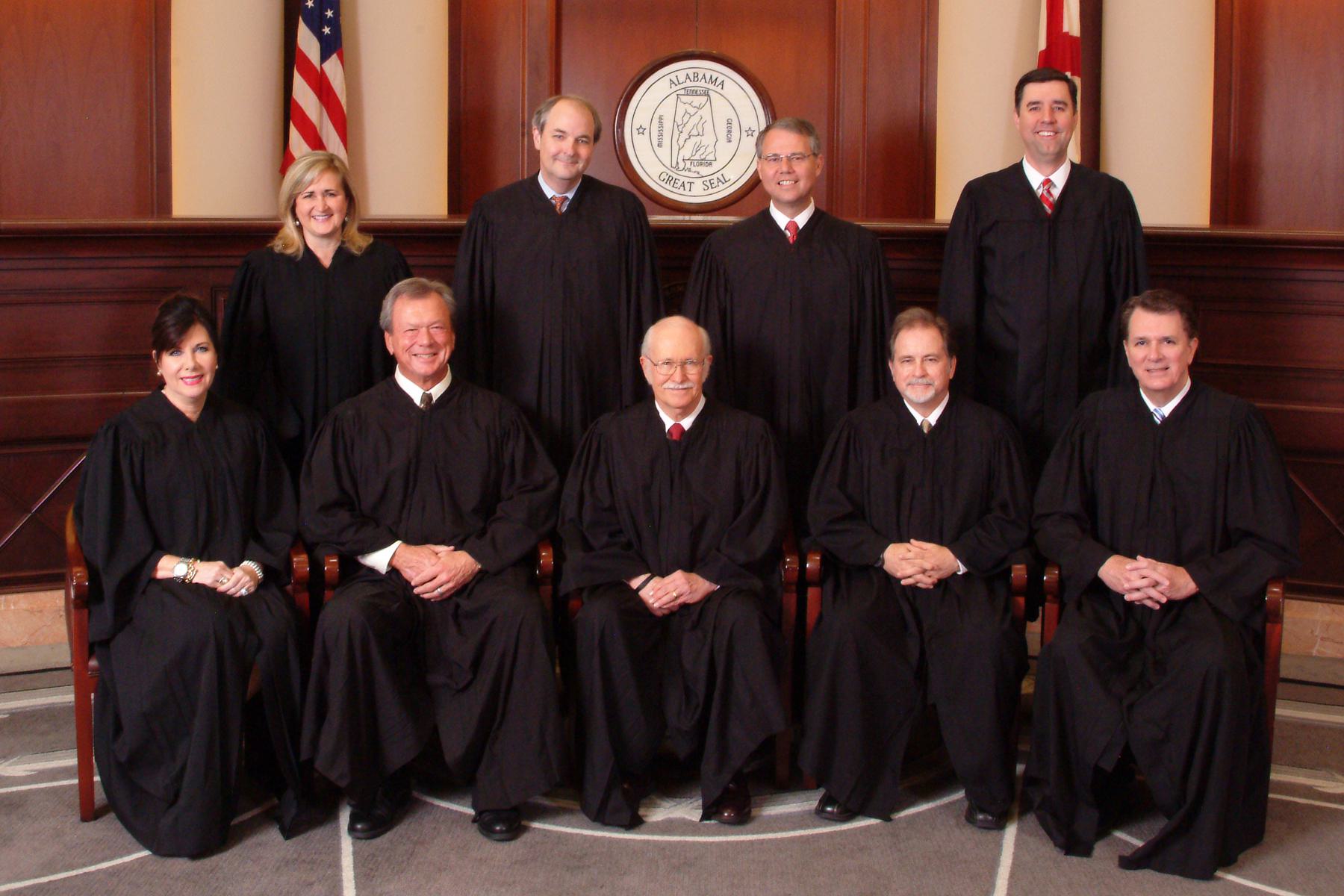The Alabama Supreme Court has struck down a long-standing law that only allowed homicide prosecutions when the victim dies within one year of the criminal act.
The year-and-one-day rule, as it has been called, was presented to the courts after a capital murder case tested its validity.
John Grant, 47, of Montgomery, was charged with attempted murder for his 2017 shooting of Earl Mock. Grant shot Mock in the face with a shotgun, which left him in intensive care and on life support for over a year. After 15 months, Mock was taken off life support and died after a matter of hours.
When Grant’s charges were upgraded to murder, the defense moved to have the charges dismissed, citing the year-and-a-day rule.
The Montgomery County Circuit Court denied Grant’s motion, but the Alabama Court of Criminal Appeals set aside the trial court’s order and issued an order directing the circuit court to dismiss Grant’s indictment.
Grant’s motion made its way to the Alabama Supreme Court, which decided to strike down the rule, claiming the Legislature had abrogated the antiquated 1980 rule when it updated the criminal code in 2003.
Alabama Attorney General Steve Marshall’s office made a case for abolishing the law before the court.
“By the Supreme Court’s denial of application of the year-and-a day rule in this murder case, Alabama is one of the last states to effectively abolish the centuries-old common-law rule that has outlived its purpose due to advances in medical technology,” Marshall said, “The Supreme Court has appropriately allowed the murder case to proceed so that the State can seek justice for Mock and his family.”
To connect with the author of this story, or to comment, email craig.monger@1819news.com.
Don’t miss out! Subscribe to our newsletter and get our top stories every weekday morning










